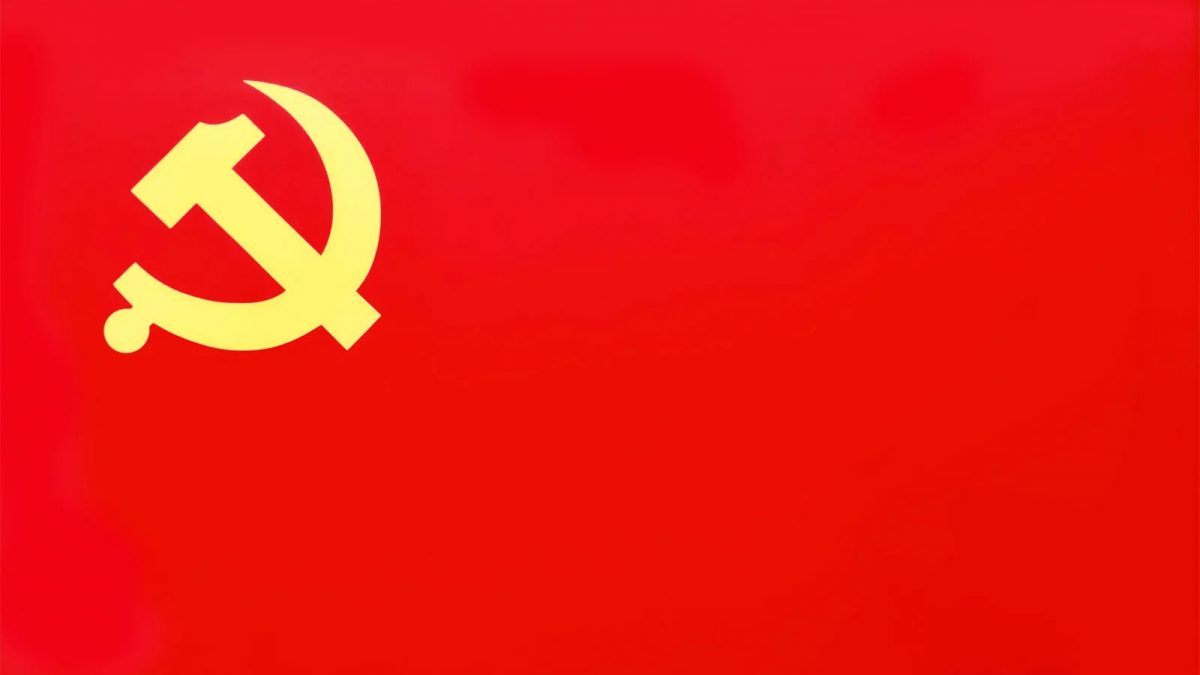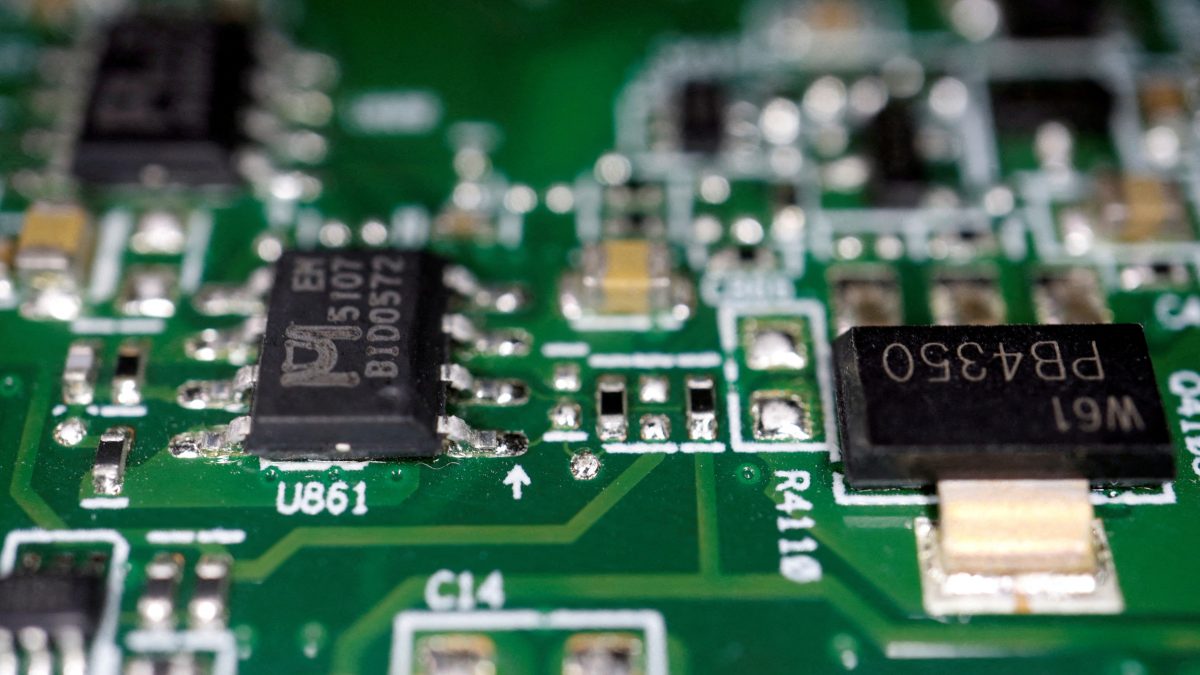China has appointed veteran diplomat Liu Haixing as the new head of the Communist Party’s International Department, replacing Liu Jianchao, who has not been seen since July amid reports of a disciplinary probe.
China has appointed senior diplomat Liu Haixing as the new head of the Communist Party’s International Department, state media announced on Wednesday, even as questions swirl over the unexplained disappearance of his predecessor Liu Jianchao.
The International Department acts as the party’s diplomatic arm, focusing on building ties with political parties worldwide. Liu Haixing, 62, brings decades of experience in European affairs to the post. He previously studied public administration in France, later serving as minister at the Chinese Embassy in Paris between 2009 and 2012.
After his return to Beijing, he rose through the ranks as assistant foreign minister and director-general of the European Affairs Department. Most recently, he served as executive vice-director of the general office of the National Security Commission, an influential decision-making body under the Communist Party’s Central Committee.
His appointment comes against the backdrop of mounting speculation regarding his predecessor, Liu Jianchao, who has not been seen in public since July. Reports in international media suggest Liu may have been detained as part of a disciplinary probe, though Beijing has issued no confirmation. His disappearance echoes earlier incidents, including the abrupt removal of then-Foreign Minister Qin Gang in 2023 after just seven months in office.
Liu Jianchao, who had headed the International Department since June 2022, played a key role in China’s post-covid diplomatic outreach and was once considered a contender for foreign minister. His sudden absence underscores the opacity surrounding senior personnel changes within the Communist Party.
President Xi Jinping has pressed ahead with an extensive anti-corruption campaign since 2012, targeting more than six million officials. While it has been hailed as a measure to strengthen party discipline, critics argue it has also been wielded to sideline rivals and tighten Xi’s grip on power.
End of Article

)

)